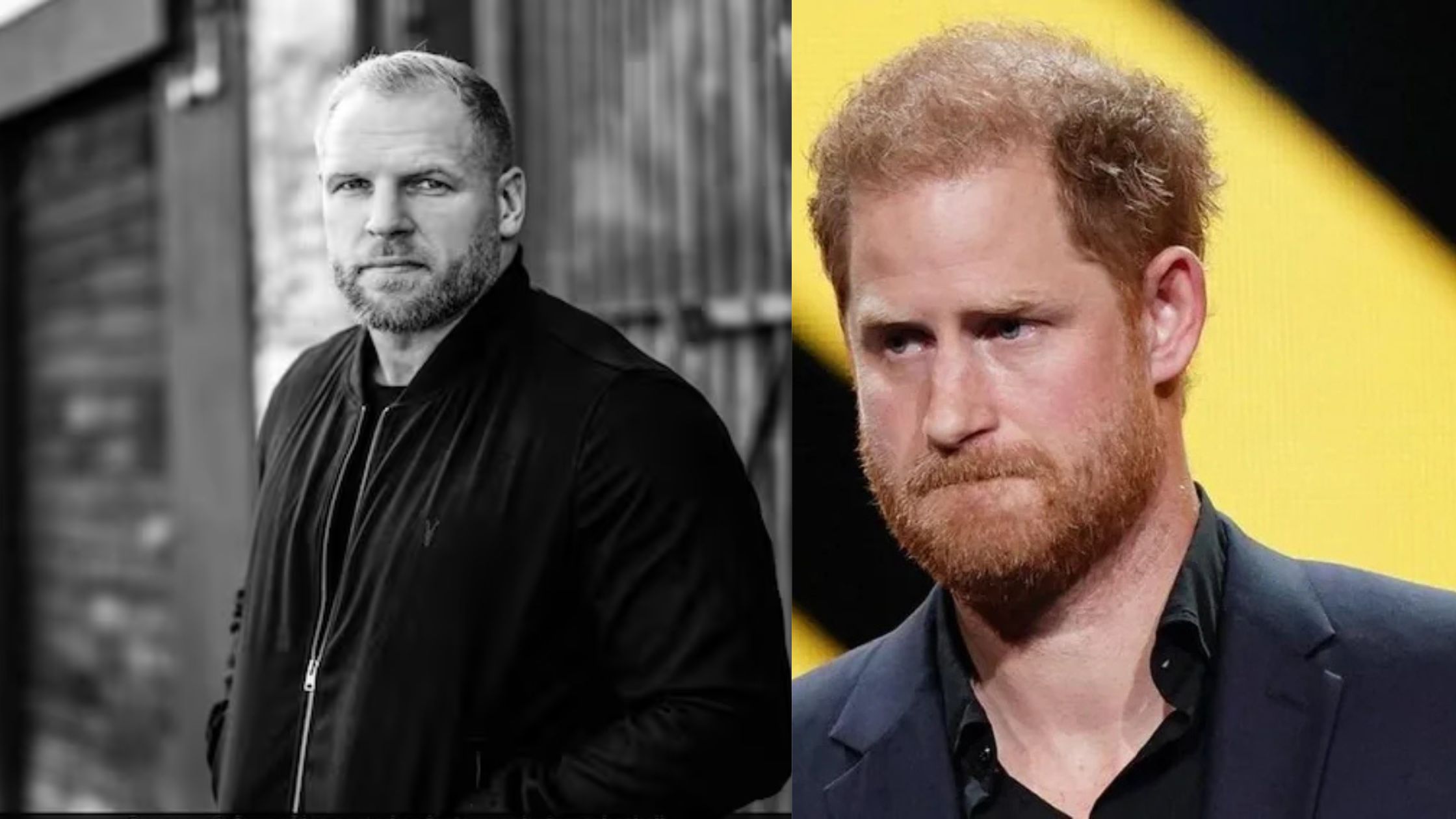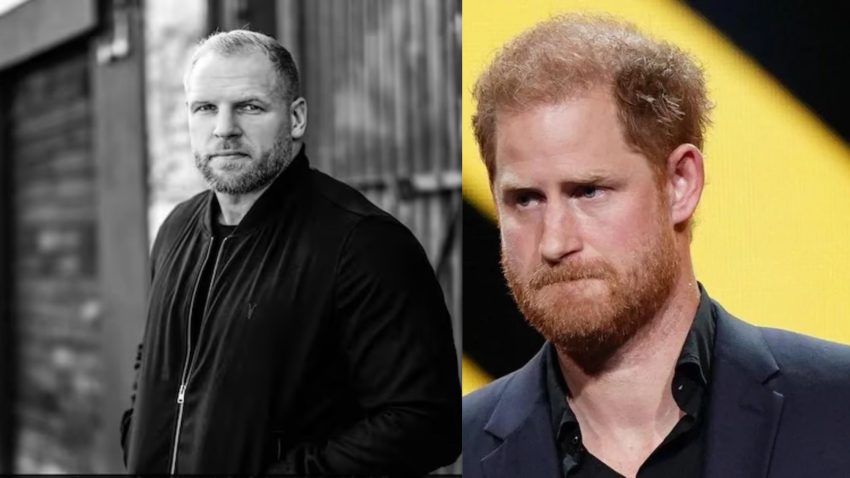James Haskell, a former rugby star and close friend of Prince Harry, has recently shared candid observations about the British royal family that have drawn significant attention. In a revealing interview, Haskell described the monarchy as “a modern family that’s very dysfunctional,” shedding light on the interpersonal dynamics within one of the most scrutinized institutions in the world.

Haskell’s Revelations
Haskell’s comments were not just a critique but also a nuanced reflection on the monarchy’s role in modern society. He acknowledged the family’s imperfections, stating that “some members aren’t as great as others,” while also praising their contributions to public service and their importance as a symbol for the United Kingdom. His balanced perspective has sparked conversations about the human side of the royal family, which is often overshadowed by their ceremonial roles and public personas.
Close Connections to the Royal Family
Haskell’s insights are grounded in his personal experiences with the royals. As a friend of both Prince Harry and Zara Tindall (daughter of Princess Anne), he has attended key family events, including Harry and Meghan Markle’s 2018 wedding and Zara and Mike Tindall’s nuptials. This proximity has given him a unique vantage point to observe the family dynamics, including moments of warmth, humor, and tension.
Haskell is also a co-host of the popular podcast *The Good, the Bad & the Rugby*, alongside Mike Tindall and Alex Payne. This platform has allowed him to explore themes of family, camaraderie, and public life with fellow royals, often revealing their lighter, more relatable sides. For example, he has praised Prince William and Kate Middleton for their “wicked sense of humor,” countering the often rigid image associated with the monarchy.
Critique of Royal Fans and Public Perception
Haskell didn’t stop at critiquing the family itself. He also directed his sharp commentary toward the monarchy’s ardent supporters, particularly in the United States. Labeling some American royal fans as “nuts,” he highlighted the intense, sometimes obsessive, fascination with the British monarchy, especially in the wake of Prince Harry’s and Meghan Markle’s departure from royal duties. His remarks reflect a broader critique of the media and public’s role in perpetuating the royal family’s challenges.
Reactions from the Royal Family and Public
While the royal family has not officially commented on Haskell’s remarks, his comments are likely to deepen ongoing conversations about the institution’s relevance, challenges, and future. Prince Harry, who has often highlighted similar issues in his memoir *Spare* and various interviews, might view Haskell’s statements as supportive, though they further underscore the division between Harry and the rest of the family.
Public reactions have been mixed. Critics of the monarchy see Haskell’s comments as validation of their concerns about the institution’s functionality, while supporters argue that such critiques fail to account for the pressures and responsibilities faced by the royal family.
Implications for Prince Harry and Meghan Markle
For Harry and Meghan, Haskell’s remarks could provide additional context to their decision to step back from royal duties. The couple has consistently cited the dysfunction within the family as a contributing factor to their departure. Haskell’s revelations might also bolster their narrative of seeking independence and prioritizing mental well-being over royal obligations.
However, this kind of public commentary also risks exacerbating tensions between Harry and the rest of the family. Reports suggest that his relationships with King Charles and Prince William remain strained, with minimal communication even during Harry’s recent visits to the UK. The timing of Haskell’s statements—amid other controversies involving the Sussexes—adds another layer of complexity to an already delicate situation.
The Bigger Picture
James Haskell’s comments reflect broader issues facing the monarchy in the 21st century. As a centuries-old institution, the royal family must balance tradition with the evolving expectations of modern society. The “dysfunctional” label, while harsh, resonates with many who view the family as struggling to reconcile its public image with private realities. At the same time, Haskell’s acknowledgment of their enduring importance underscores the challenges of dismantling an institution so deeply ingrained in British culture.
Haskell’s critique, paired with his defense of the monarchy’s societal role, captures the paradox of being a royal in today’s world: a mix of privilege and scrutiny, ceremony and family discord. His revelations provide a rare, unfiltered glimpse into the personal and public lives of the royals, challenging the public to view them not just as symbols but as individuals navigating an extraordinary existence.
